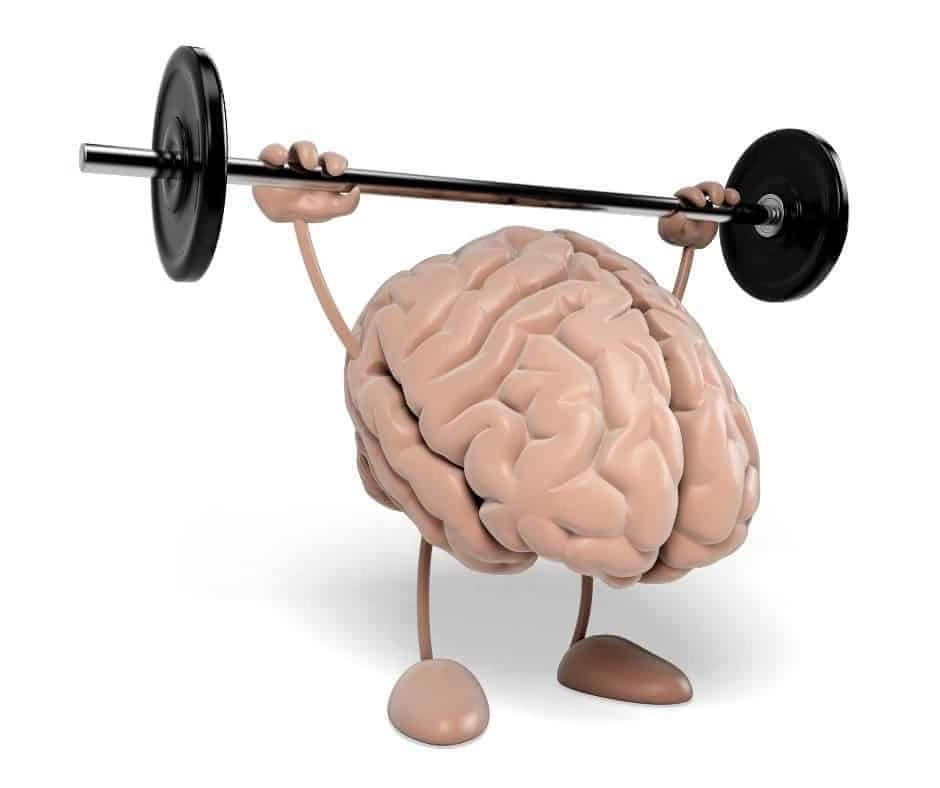Does Weight Affect Memory?
We often think of body weight in terms of physical health—heart health, diabetes risk, or joint pain. But what if your weight also influenced your ability to remember things? New research suggests that body weight, particularly overweight and obesity, may affect the brain’s health and memory power.
This connection raises important questions: Does an unhealthy weight BMI reduce memory? Can a healthy lifestyle improve brain function? Let’s explore the fascinating link between weight and memory.
The Brain–Body Connection
Your brain doesn’t work in isolation. It depends on a steady supply of oxygen and nutrients from the body. When a person falls into the obese BMI category, the body often experiences inflammation, hormonal changes, and impaired blood circulation. Over time, these factors may interfere with brain function, reducing focus, attention, and memory retention.
On the other hand, maintaining a health BMI helps regulate blood flow, supports healthy hormone levels, and provides the brain with the right environment to thrive.
How Weight Impacts Memory Power
-
Inflammation in the Brain
- Excess fat tissue produces inflammatory chemicals that can damage neurons and affect cognitive function.
-
Insulin Resistance
- Common in overweight individuals, this can limit glucose supply to the brain, which is its primary source of energy.
-
Reduced Brain Volume
- Studies show that adults with overweight and obesity may have reduced hippocampal volume—the region of the brain linked to learning and memory.
-
Sleep Problems
- Obesity often leads to sleep apnea, which lowers oxygen supply during sleep. Poor sleep directly impacts memory power and learning ability.
Overweight, Obesity, and Cognitive Decline
Being overweight or obese doesn’t just affect short-term concentration. Long-term, it increases the risk of dementia and Alzheimer’s disease.
For example, individuals with an obese BMI in midlife are significantly more likely to face memory-related issues later in life. Weight management, therefore, isn’t just about physical health—it’s also about protecting brain health.
Can Losing Weight Improve Memory?
Yes, adopting a weight loss plan can support not just physical health but also mental sharpness. Research indicates that people who lose excess weight often show improvements in memory power and problem-solving skills.
When the body transitions from an unhealthy weight BMI to a more balanced one, brain inflammation decreases, blood circulation improves, and the brain receives more oxygen and nutrients. All of this helps increase brain power naturally.
Practical Ways to Increase Memory Power Through Lifestyle
-
Balanced Nutrition
- Focus on whole grains, leafy greens, omega-3 rich fish, and nuts. These foods both help maintain a healthy weight BMI and increase memory power.
-
Regular Exercise
- Aerobic workouts like walking, running, or swimming improve blood flow to the brain. Exercise also supports weight management and boosts overall cognitive function.
-
Sleep Well
- Aim for 7–8 hours of uninterrupted sleep. Proper sleep is essential for consolidating memories.
-
Mindful Eating
- Avoid processed foods and sugary drinks that contribute to weight gain and energy crashes.
-
Brain Exercises
- Reading, puzzles, or learning new skills help increase brain power alongside a healthy lifestyle.
The Role of BMI in Health and Memory
The Body Mass Index (BMI) is a simple tool to determine whether you’re underweight, normal weight, overweight, or obese.
- Healthy BMI: 18.5 – 24.9
- Overweight BMI: 25 – 29.9
- Obese BMI: 30 and above
Maintaining a health BMI is one of the most effective ways to protect long-term cognitive health.
Final Thoughts
Your weight doesn’t just affect your body—it affects your brain too. Excess weight, particularly an obese BMI, may lower memory power, reduce focus, and increase the risk of dementia over time.
The good news is that small, consistent lifestyle changes—a healthy weight loss plan, balanced diet, and exercise—can make a big difference. Not only will you feel better physically, but you’ll also increase memory power and protect your brain for the future.
So the next time you think about managing your weight, remember—it’s not just about looking good, it’s about keeping your memory sharp and your brain healthy.
